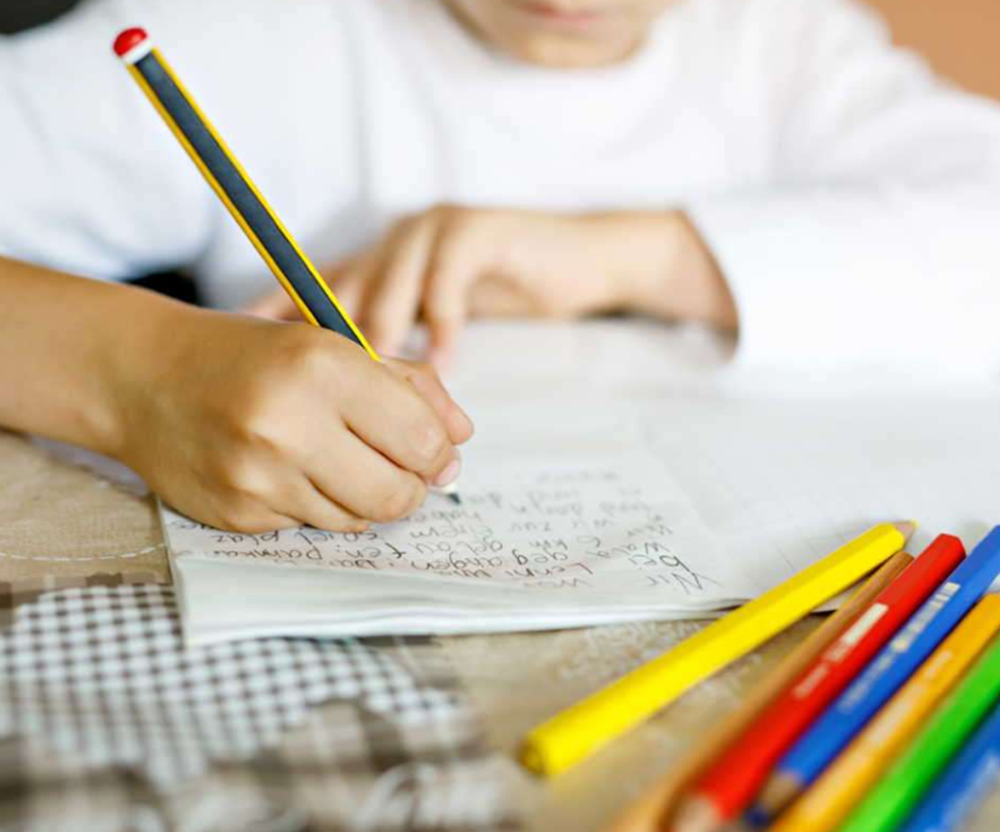
Tips from a primary school teacher
Educating Children at Home
Categories
- Hamilton
- Community
With Alert Level 3 of New Zealand’s COVID-19 Alert System stating that “all children and young people who can stay home should stay home”, nationwide online learning will continue to remain a thing of the present. For many parents, this will pose challenges for both themselves and their children as they come to terms with this new way of learning.
Chloe Stantiall, a current teacher at Silverdale Normal Primary (and a fifth year primary school teaching veteran) answers some questions and provides some much needed tips to help us educate our children at home.
What advice and recommendations would you share with parents about their children’s learning at home?
Firstly, I would encourage parents to not place too much pressure on themselves, or their children’s education during this time. No one can learn well when they are stressed, kids especially, so ensure that your children don’t feel pressured to complete school work at the same level as before. Changing expectations of what a ‘normal school day’ should look like at home is also highly recommended. Children won’t be completing the same amount of work at home as they did at school, and we need to acknowledge that this is okay.
I would also recommend involving kids in the running of household chores and activities - such as baking, cleaning, cooking, gardening etc. In doing this, your children will be picking up key life skills, as well as continuing to develop their literacy and numeracy skills beyond a school setting.
Why do you think it’s important not to replicate a school day at home?
We need to remember that parents aren't trained teachers and, consequently, they have a different relationship with their children. Stepping into this ‘new role’ can create stress and worry for both parties and so creating an ‘at home’ way of learning will help to alleviate a lot of this stress.
How would you encourage parents to enhance the engagement of their children during this time?
Encouraging learning through practical activities is very important, as students are always more engaged when they understand the “why” and the purpose behind their learning. Also, encouraging your children to keep connected with their classmates and teachers, as much as possible, is important. This can easily be achieved through setting up Zoom ‘meetings’ and completing group games and activities through tools such as Kahoot and Quizlet. Utilising these tools during Zoom ‘meetings’ introduces a fun and conducive way of learning. Creating competitions is also another way to encourage engagement.
Students are always more engaged when they understand the “why” and the purpose behind their learning.
What activities, inside or outside, do you think would be good to establish routines around?
Setting consistent times for breakfast, morning tea, lunch and afternoon tea is a good starting point to establish and plan activities, chores, physical activities and learning activities around. I personally think morning routines are especially critical as it sets the tone and expectation for the rest of the day. Consequently, having some sort of physical activity such as a walk, run or bike after breakfast is a simple routine to establish. The unknown and surprises are hard for children, so if they have a clear knowledge of expectations around when and how long they can use a device, for example, then this can be reassuring for them.
What are some of your favourite, or recommended resources, for students/parents that they could use during this time?
Resource 1:
Nanogirl Live is an engaging and free science-related educational resource:
https://www.nanogirllive.co.nz/
Resource 2:
Virtual tours of world-wide museums is an amazing resource that has recently become available due to these unprecedented times. Students at home should make the most of this opportunity to explore the collections and history held within these famous museums beyond New Zealand:
https://www.timeout.com/travel/virtual-museum-tours
Resource 3:
The Ministry of Education launched home learning TV programmes on the 15th of April.. This is a helpful resource for both parents and students that is available on TVNZ 2 +1 as well as TVNZ OnDemand. Nathan Wallace features on this and is a really great child psychologist who has practical and helpful advice for parents. Most importantly, it is New Zealand made and therefore New Zealand specific:
Resource 4:
Heihei is also an amazing resource that helps children learn to speak Māori in a fun and engaging way: https://www.heihei.nz/config/browse/screen/home/
Any final words or tips you would like to give your audience?
I will leave you with a favourite Whakataukī that hopefully encourages you in this season:
He aha te mea nui o te ao? He tāngata, he tāngata, he tāngata
Other Stories you might like:



